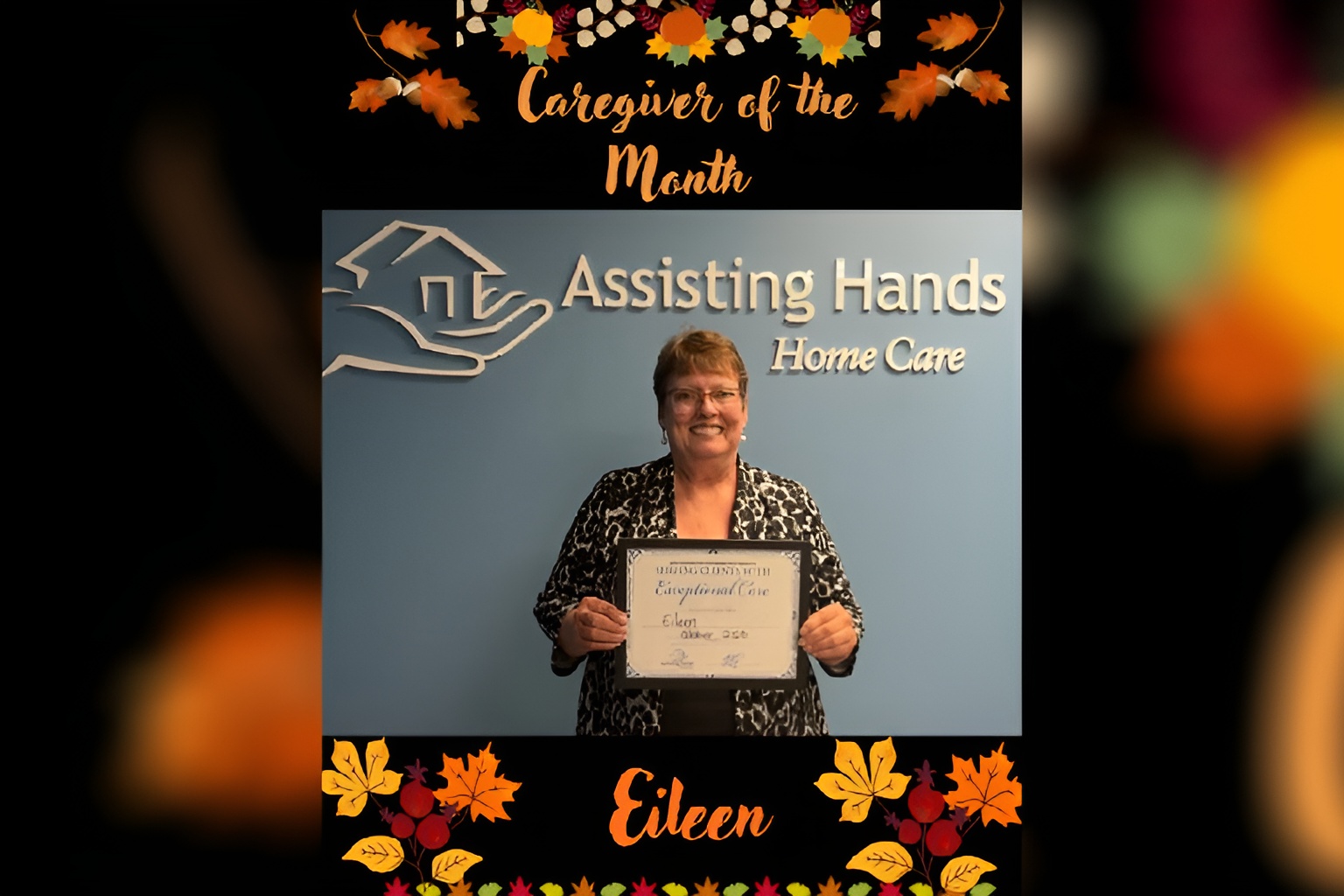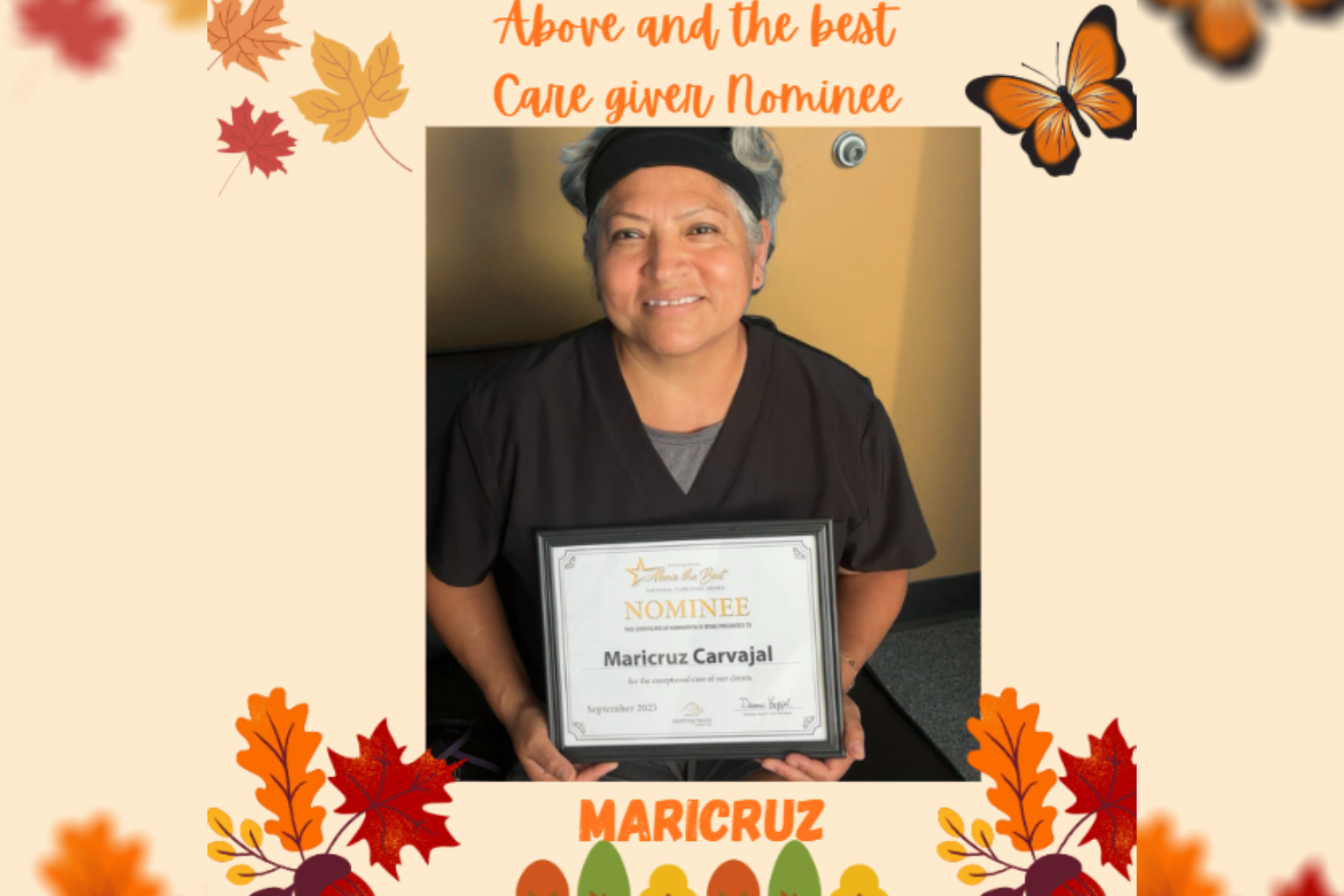
Table of Content
Caring for an elderly loved one over the long term is often accompanied by challenging decisions, and it’s not uncommon for family members or caregivers to disagree on the best course of action. These conflicts can stem from varying perspectives, emotions, and priorities, making it essential to approach disagreements thoughtfully and constructively. Below, we explore ways to manage these situations to ensure the best outcomes for everyone involved.
Understand the Root Cause of Disagreements
Disagreements over elderly or long-term care are often fueled by underlying emotions, miscommunication, or conflicting values. Family members may have different opinions about what’s best for your loved one due to factors like cultural norms, personal experiences, or financial constraints.
For example, one sibling may prioritize keeping your parent at home to maintain familiarity, while another sibling may believe a care facility would provide better medical support. Recognizing these root causes can help in understanding others’ perspectives and pave the way for effective solutions.
One of the most challenging tasks of helping an elderly relative age in place safely and comfortably is researching agencies that provide homecare. Libertyville families can turn to Assisting Hands Home Care for reliable, high-quality in-home care for aging adults. We offer 24-hour care for seniors who require extensive assistance, and we also offer respite care for family caregivers who need a break from their caregiving duties.
Focus on Your Loved One’s Needs
When disagreements arise, it’s crucial to center the conversation on your loved one’s needs, preferences, and best interests rather than personal preferences or opinions.
- Communication with your loved one – Whenever possible, involve your parent in these discussions to understand his or her wishes, comfort levels, and concerns.
- Consider your loved one’s quality of life – Focus on factors like medical support, social engagement, safety, and emotional wellbeing to ensure decisions align with your loved one’s holistic needs.
- Respect your loved one’s autonomy – If your parent is capable of making decisions, respect his or her independence and choices. Balancing your loved one’s opinions with family viewpoints can lead to more collaborative resolutions.
Your parent’s wishes about where he or she wants to live are important. Many seniors prefer aging in place over moving to assisted living facilities. If your senior loved one needs assistance to remain safe and comfortable while living at home, reach out to Assisting Hands Home Care, a leading at-home care agency. Our dedicated in-home caregivers can assist with meal prep, bathing and grooming, exercise, medication reminders, and many other important tasks.
Utilize Family Meetings as a Tool
Regular family meetings can be invaluable in resolving disagreements and fostering communication among all involved parties. These gatherings offer an opportunity to voice concerns, clarify roles, and align on care plans.
- Appoint a neutral facilitator – Sometimes, having a neutral third party, such as a mediator or social worker, facilitate meetings can prevent tension and foster constructive dialogue.
- Set clear agendas – Focus meetings around specific issues and establish guidelines to ensure everyone has an opportunity to contribute.
- Encourage empathy – Asking each family member to consider the perspectives and emotions of others involved can defuse tension and promote understanding.
Seek Expert Guidance
Sometimes, families may have difficulty reaching agreement even after open discussions. Seeking professional advice from doctors, geriatric care managers, or social workers can provide valuable insights and solutions.
- Medical professionals can assess your loved one’s health and provide recommendations for care.
- Elder care consultants can guide families through options like in-home support, assisted living, or nursing homes while considering financial, emotional, and logistical factors.
- Mediators can be helpful in particularly contentious situations, enabling families to reach compromises in structured settings.
Plan Ahead to Avoid Future Conflicts
Proactive planning can reduce the likelihood of disagreements down the line. Discussing elderly care preferences with family members and your loved one before a crisis occurs allows everyone to prepare emotionally, financially, and logistically.
- Have conversations early about financial plans, healthcare preferences, and long-term care arrangements.
- Document decisions and agreements through proper channels, such as legal documents like advanced healthcare directives or living wills.
- Regularly revisit care plans as needs and circumstances evolve.
A professional caregiver can help you decide if your parent requires extra care. There are a variety of reasons family caregivers should consider respite care. Libertyville, IL, families often have additional responsibilities that make it more challenging to provide the care their senior loved ones need and deserve. A professional home caregiver can take over your important caregiving duties, allowing you more time to focus on yourself. Assisting Hands Home Care will work with you to tailor a care plan that’s just right for your loved one’s needs. Call one of our friendly Care Specialists today to learn more about our customized care plans.








